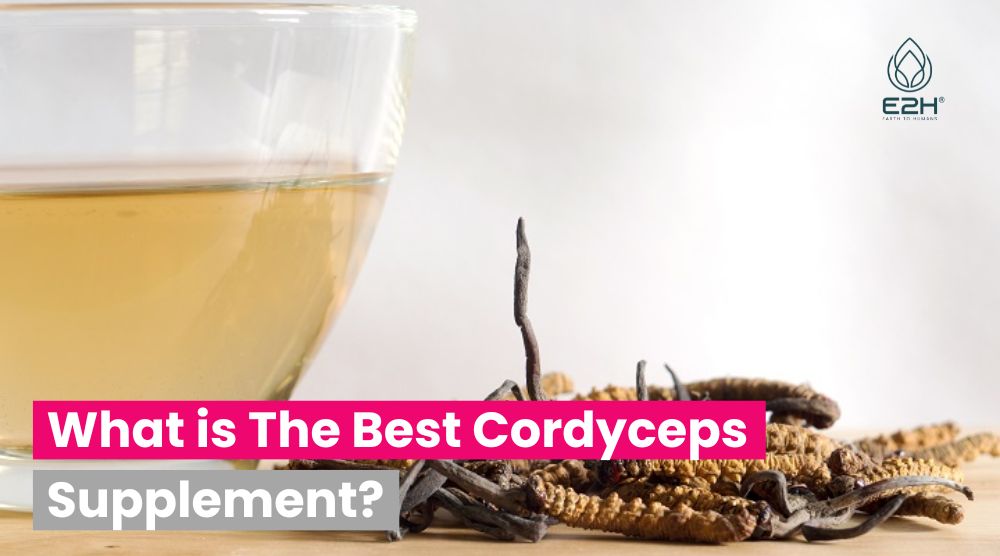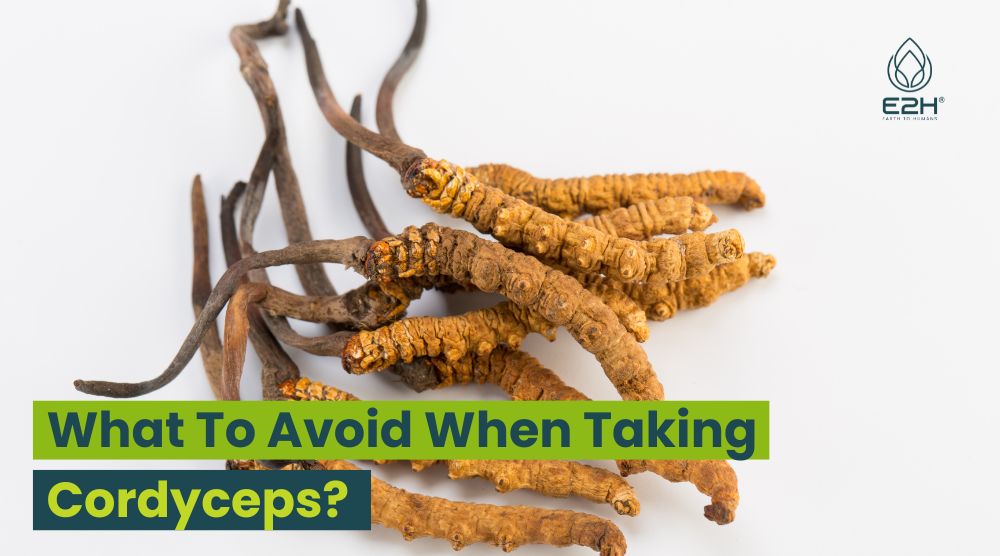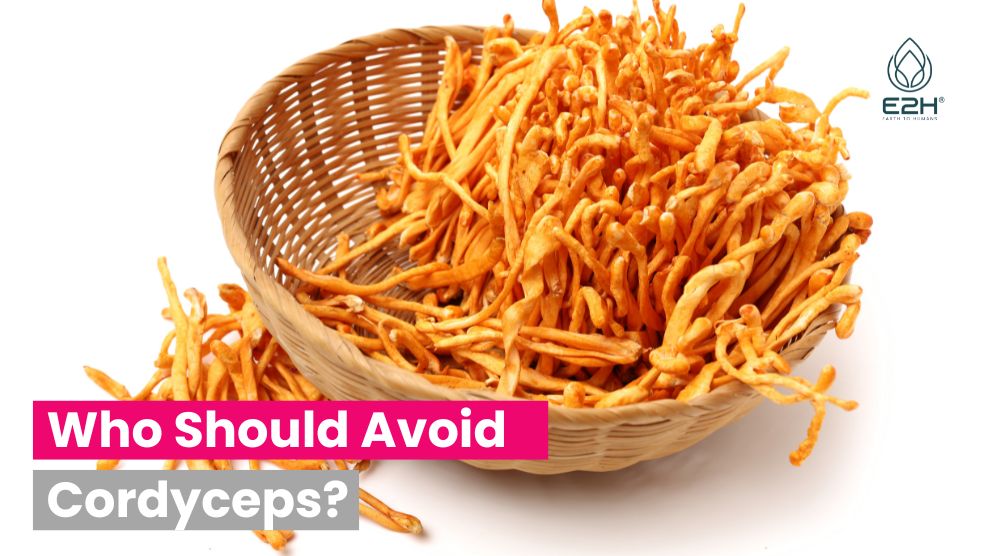Yes, Cordyceps mushrooms are generally safe but can cause nausea and upset stomach in some people; hence, it’s advised to avoid them during pregnancy or breastfeeding.
Pregnancy brings joy but also a plethora of questions and concerns, especially regarding dietary choices. Is cordyceps safe during pregnancy?
Discover the research, the benefits, and the precautions to make informed and safe choices for you and your little one. Keep reading to empower yourself with knowledge and ensure the well-being of both mother and baby!
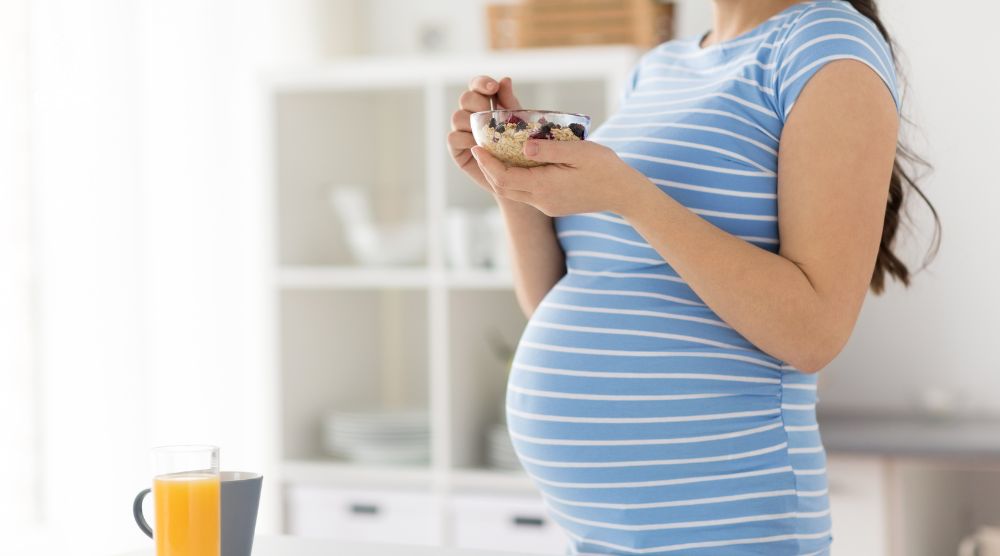
The Concerns During Pregnancy
Pregnancy is a time of joy but also caution. Every substance consumed can impact potential health benefits the developing fetus, making it imperative to scrutinize everything. Is cordyceps safe during pregnancy? It’s a valid concern, given the myriad of changes and vulnerabilities that occur during this period.
Medicinal Mushrooms and Pregnancy
- Culinary Mushrooms: Generally considered safe and can be consumed during pregnancy. They offer nutritional benefits and do not appear to cause developmental harm to fetuses.
- Medicinal Mushrooms like Cordyceps: They are also generally considered safe, but studies among pregnant people are lacking, warranting more research on their safety during pregnancy.
Cordyceps and Its Potential Benefits
I’ve been intrigued by the potential benefits of cordyceps, including its ability to reduce fatigue, keep blood pressure, boost the immune system and improve blood circulation. Some preliminary research even suggests that it may help improve pregnancy outcomes by reducing the risk of preterm delivery. However, it’s essential to note that more research is needed to confirm these benefits.
What the Studies Say
While cordyceps is generally considered safe when taken in small amounts for a short period, there’s not enough evidence to ascertain its safety during pregnancy. Some compounds in cordyceps could cross the placenta and potentially harm the developing baby. Therefore, if you’re pregnant or breastfeeding, it’s best to avoid taking cordyceps cordyceps.
The Precautionary Approach
I believe in erring on the side of caution, especially when it comes to pregnancy. While the cordyceps mushroom may offer some health benefits, it is crucial to consult with a healthcare provider before using this herb medicinally during pregnancy.
Pregnant women should avoid taking any cordyceps mushrooms as supplements or consuming large quantities of this mushroom due to concerns that it may interact with certain medications or be harmful to the developing fetus.
Side Effects of Cordyceps
- Gastrointestinal upset, such as nausea, vomiting, and diarrhea, is the most common side effect.
- It can interact with some medications.
- In rare cases, cordyceps can cause liver damage.
Cordyceps Supplements during pregnancy
Consuming cordyceps supplements during pregnancy is generally not recommended due to the lack of substantial scientific evidence confirming their safety for pregnant individuals and the developing fetus. Some active compounds in cordyceps could potentially cross the placenta and pose risks.
While cordyceps have been studied for their several potential health benefits elsewhere, including improved immunity and energy levels, the uncertainties surrounding their use during pregnancy necessitate caution.
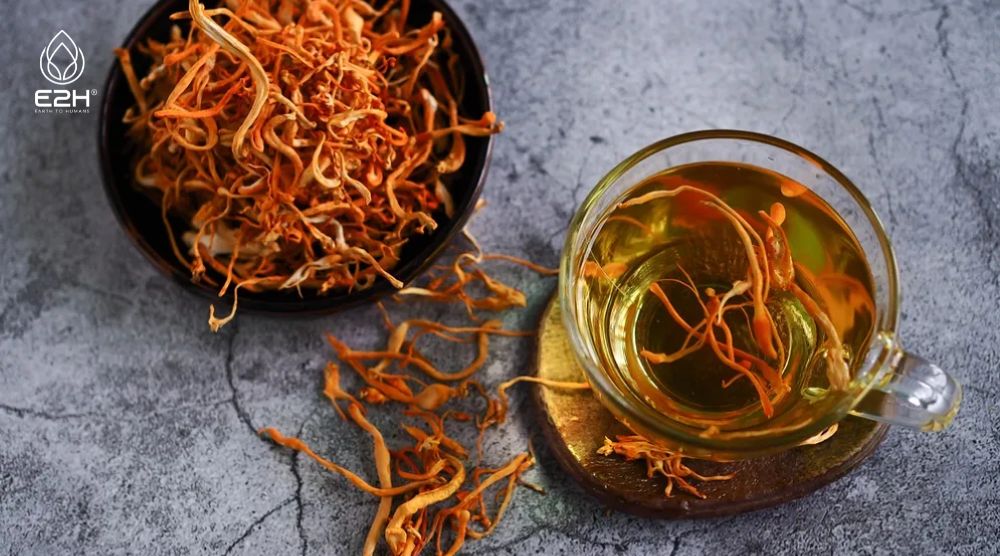
Pregnant individuals should consult with healthcare providers before considering any supplements to avoid potential risks and ensure the well-being of both the mother and the baby.
Are there alternative supplements that are considered safer than cordyceps during pregnancy?
When it comes to pregnancy, it is crucial to opt for supplements that are well-researched and deemed safe.
- Prenatal Vitamins: Prenatal vitamins are essential during pregnancy, providing a balanced dose of vitamins and minerals needed for the developing fetus. They are meticulously formulated to meet the increased nutritional needs during pregnancy, containing vital nutrients like folic acid, iron, and calcium, essential for the baby’s neural, bone, and overall development. They are widely recommended by healthcare providers and are considered safe and beneficial during pregnancy, reducing the risk of birth defects and complications.
- Omega-3 Fatty Acids: Omega-3 supplements, particularly those rich in DHA, are considered safe and beneficial during pregnancy. DHA is crucial for the development of the baby’s brain and eyes. It also supports the mother’s mental health, reducing the risk of postpartum depression. Consuming omega-3s from reputable sources can offer significant benefits without the risks associated with cordyceps.
- Vitamin D: Vitamin D is another supplement considered safe during pregnancy. It plays a pivotal role in maintaining calcium levels in the body, supporting the development of the baby’s bones and teeth. A sufficient amount of Vitamin D during pregnancy is associated with reduced risks of preterm birth and infections. It is especially important for individuals who have limited sun exposure to consider Vitamin D supplementation during pregnancy.
- Calcium: Calcium is fundamental during pregnancy, supporting the development of the baby’s bones, teeth, heart, and muscles. Adequate calcium intake is also crucial for the mother to prevent bone density loss. Calcium supplements are considered safe during pregnancy, especially for those who might not get enough from their diet, ensuring the well-being of both mother and baby.
- Iron: Iron supplements are often recommended during pregnancy to prevent and treat iron-deficiency anemia, a common condition during pregnancy. Adequate iron levels are crucial for the transportation of oxygen to the baby and the prevention of preterm delivery and low birth weight. Iron supplements, when taken as recommended, are considered a safe and essential component of prenatal care.
Is cordyceps safe for boosting the immune system during pregnancy?
While cordyceps is renowned for its potential to enhance the immune system, its use during pregnancy is not recommended due to insufficient conclusive evidence regarding its safety for the fetus. The compounds in cordyceps may cross the placenta, potentially impacting fetal development.
The lack of rigorous scientific studies and clinical trials on pregnant women and individuals makes it challenging to establish a safe dosage or to predict potential side effects or interactions. Therefore, for immune support during pregnancy, it is safer to rely on well-researched and universally recognized nutrients and supplements, such as vitamin C, vitamin D, and zinc, under the guidance of a healthcare provider.
Do traditional Chinese medicine experts guide cordyceps mushrooms use in pregnancy?
In Traditional Chinese Medicine (TCM), cordyceps is valued for its purported ability to tonify the kidneys and promote longevity. However, the principles of TCM also emphasize balance and caution, especially during vulnerable phases like pregnancy.
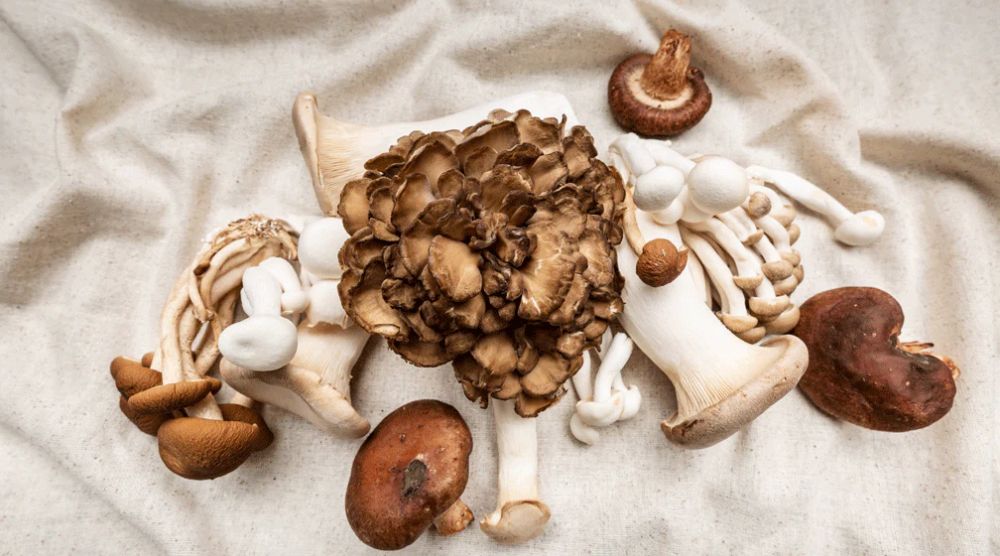
While TCM has utilized cordyceps for various health benefits and conditions, it doesn’t necessarily imply its unconditional endorsement during pregnancy. Traditional practitioners typically consider individual health conditions, constitution, and the principles of balance and harmony before recommending any herbs or supplements, including cordyceps, during pregnancy.
It is crucial to have open, informed discussions with healthcare or TCM practitioners about the use of cordyceps or any herbal remedy other supplements during pregnancy to ensure the safety and well-being of both mother and child.
FAQs
Can cordyceps help with fatigue during pregnancy?
While cordyceps is known for reducing fatigue, its use is not advised during pregnancy due to potential risks to the fetus.
Is it safe to consume cordyceps in the first trimester?
No, cordyceps is not recommended at any stage of pregnancy, including the first trimester, due to lack of safety evidence.
Can cordyceps affect fetal development?
Yes, compounds in cordyceps may cross the placenta, potentially affecting fetal development, hence its consumption is discouraged during pregnancy.
Are there any proven benefits of cordyceps during pregnancy?
There are no proven benefits of cordyceps during pregnancy that outweigh the potential risks, and caution is advised.
Can cordyceps interact with prenatal vitamins?
Yes, cordyceps may interact with medications and supplements, including prenatal vitamins; consult a healthcare provider before use.
Conclusion: Is Cordyceps Safe During Pregnancy!
In conclusion, while cordyceps is a fascinating and potentially beneficial fungus, the lack of sufficient evidence on its safety during pregnancy makes it a risky choice for expecting mothers. It’s always best for pregnant women to consult with a healthcare provider and to prioritize the well-being of both the mother and the baby during such a crucial time.
I hope this exploration into whether consuming cordyceps is safe during pregnancy has been enlightening. Remember, the journey to wellness is personal, and what works for one may not work for another, especially during pregnancy. Let’s continue to educate ourselves and make informed decisions on our wellness and healthy pregnancy journey.


